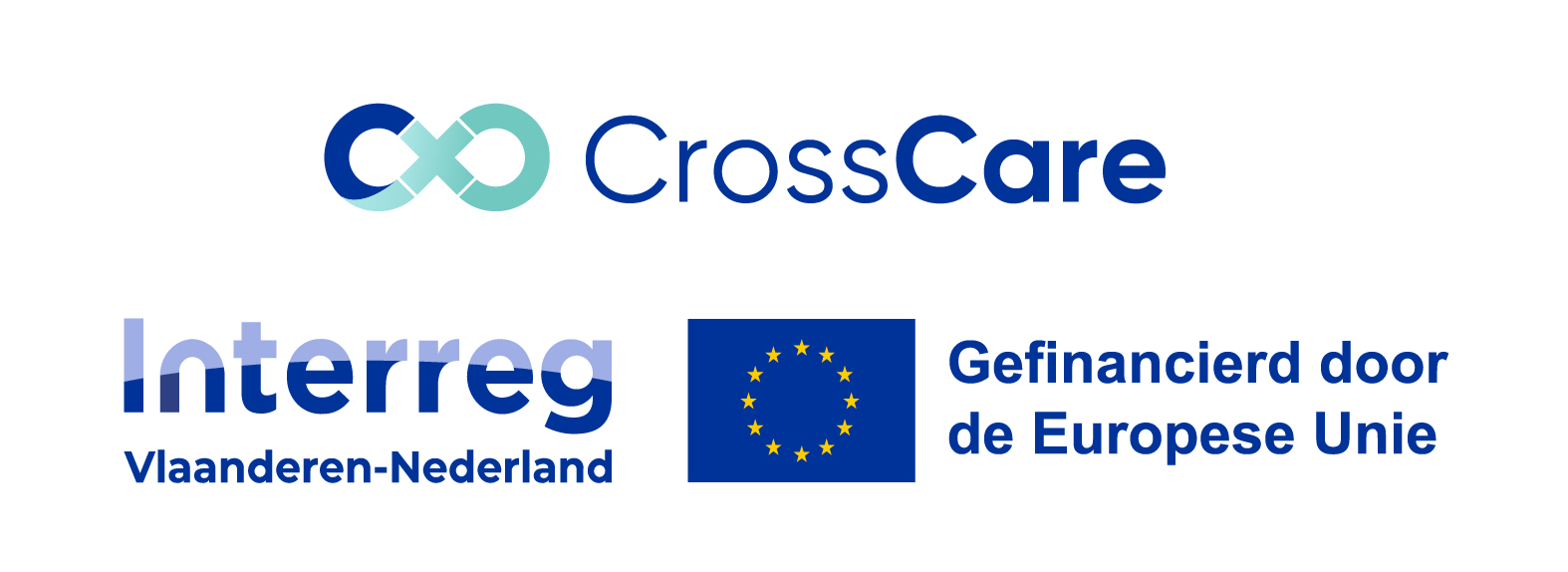
Enhancing mental health care through personalized blended care with m-Path
Mental health issues affect approximately 1 in 5 individuals, placing immense strain on mental health services. Despite advancements in many fields, psychological treatments have seen limited progress over the years. One core limitation is that therapeutic activities often fail to address challenges in the most relevant context: the client’s everyday life.
m-Path, with the support of CrossCare 2.0, aims to bridge this gap by extending diagnostic and therapeutic work beyond the consultation room. Using a smartphone app, therapists can deliver brief, customized, and repeated exercises that assess clients’ challenges and strengths in real-world contexts. These insights enable therapists to understand the dynamic nature and contextual dependencies of a client’s issues—critical for creating effective, individualized treatment plans.
In addition to assessment, m-Path empowers therapists to provide personalized therapeutic interventions that clients can access anytime through the app. This seamless integration of care into daily life fosters a more holistic and continuous treatment approach. The data from these mobile exercises and interventions are visualized in an intuitive online dashboard, allowing therapists to monitor progress and adjust treatment plans efficiently.
Research repeatedly established that personalized blended care improves both the effectiveness and efficiency of treatments. However, implementing such an approach is often time-consuming for therapists, limiting its widespread adoption. With CrossCare 2.0 innovation funding, we are working to optimize m-Path’s workflow and automate key functionalities. Directly collaborating with various healthcare stakeholders, we aim to make personalized blended care practical and accessible, enabling therapists to deliver better outcomes with less effort.
In this way, m-Path aspires to transform how mental health care is delivered—bringing therapy where it matters most: into everyday life.